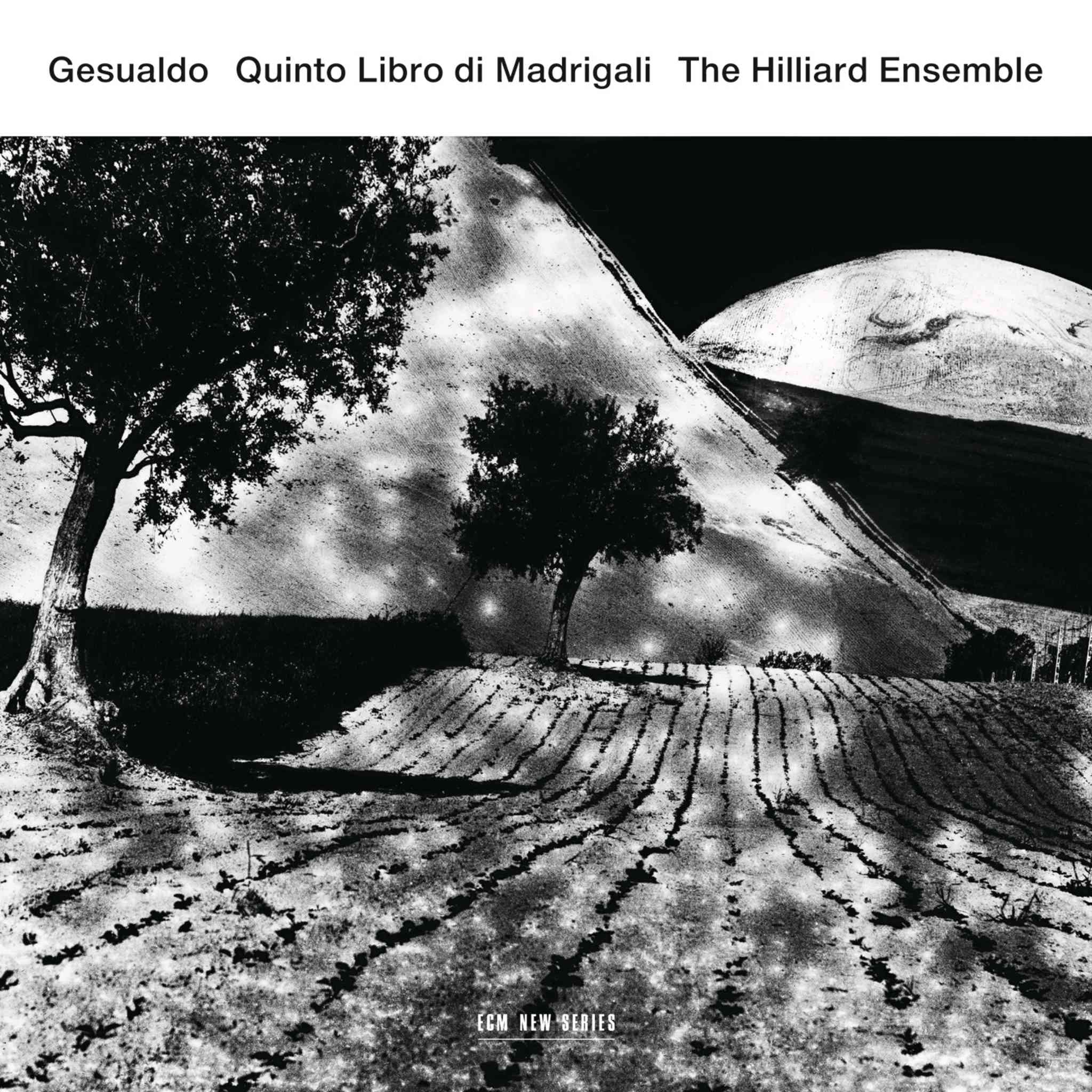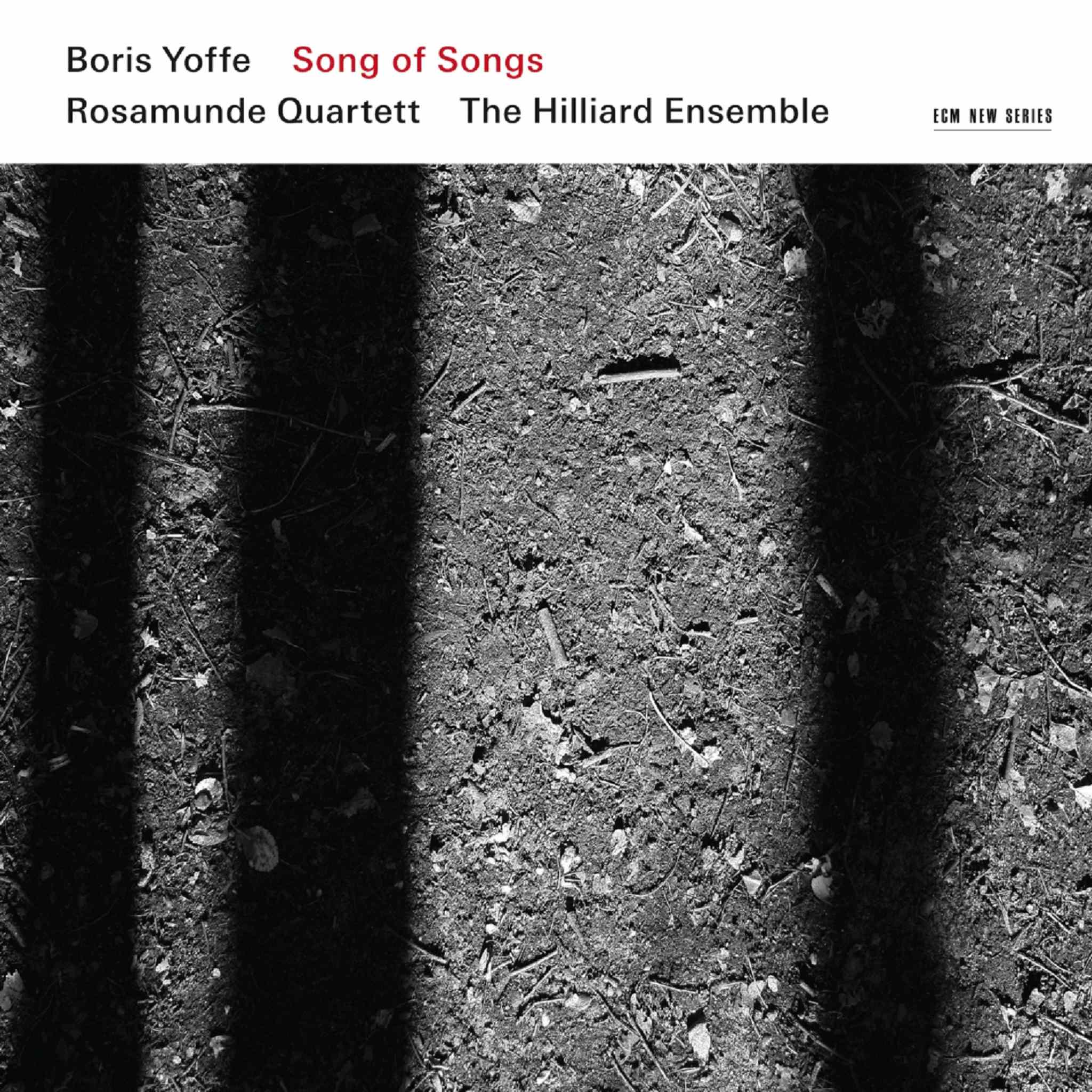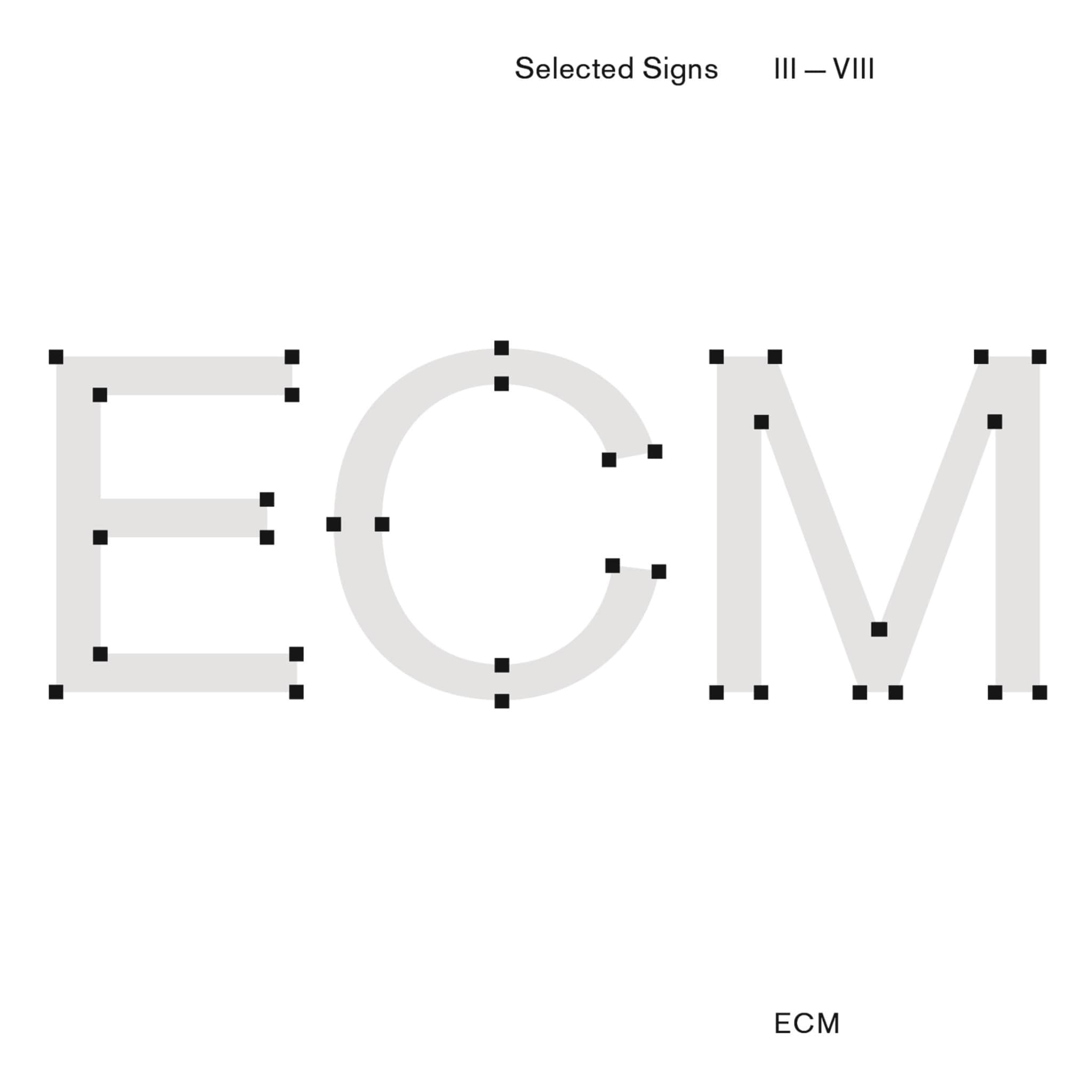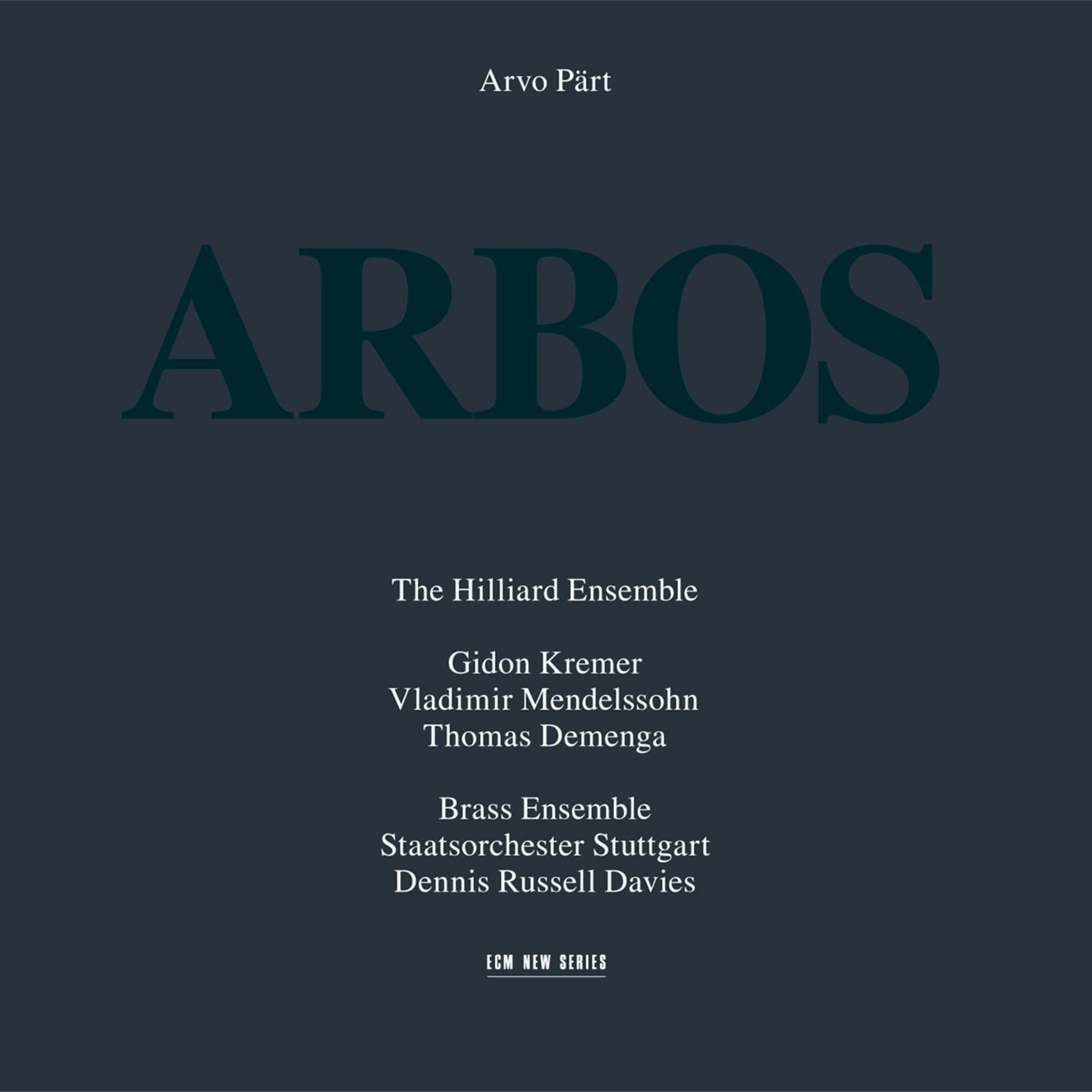Albums
Appears On
AboutThe Hilliard Ensemble

“We named ourselves after the Elizabethan miniaturist Nicholas Hilliard, not only because he was contemporaneous with much of the late 15th- and 16th-century music at the core of our repertoire, but also because he is renowned for his exquisite detailing and refined artistry - things we aspired to musically.” - David James, Countertenor
World-famous English a cappella quartet, The Hilliard Ensemble, gave its first concert in December 1973 in London and over the next four decades became widely admired for its exemplary performances of both old and new music.
The collaboration between the Hilliards and ECM began in 1986 with Arvo Pärt's Arbos and led to acclaimed artistic achievements and great successes in old and new music alike, especially their vastly popular projects with improvising saxophonist Jan Garbarek, who provided a “fifth voice” on Officium, Mnemosyne and Officium Novum. Hilliard countertenor David James said of Garbarek: “His extraordinary improvising liberated us too; after working with him we were no longer static in front of our music stands, but are frequently to be found wandering round the churches and cathedrals without scores, as he does.” Several of the group's discs have been international bestsellers, including all three Garbarek collaborations and Morimur (music by Bach, with Christoph Poppen). The group's ECM discography also includes music by Perotin, Machaut, Tallis, Gesualdo, Lassus, Pärt, Schnittke, Kancheli and Bryars.
Having recorded more than twenty albums for ECM, The Hilliard Ensemble capped its discography before retirement at the end of 2014 with a final release: Transeamus (“we travel on”), a collection of polyphony in two, three and four parts from 15th-century England. One of the Hilliard’s very first recordings had included music from the court of Henry VIII; with Transeamus their odyssey through the ages came full circle. Stephen Pettitt wrote in the Sunday Times: “It's a euphonious, expressive music, and the Hilliard's four voices, as always, perform it with affecting poise and directness.”













